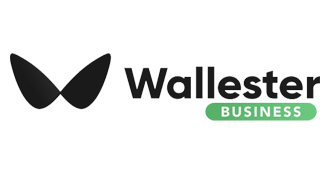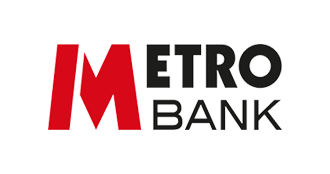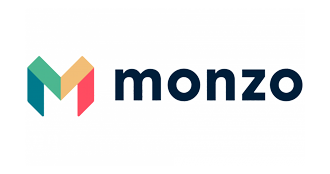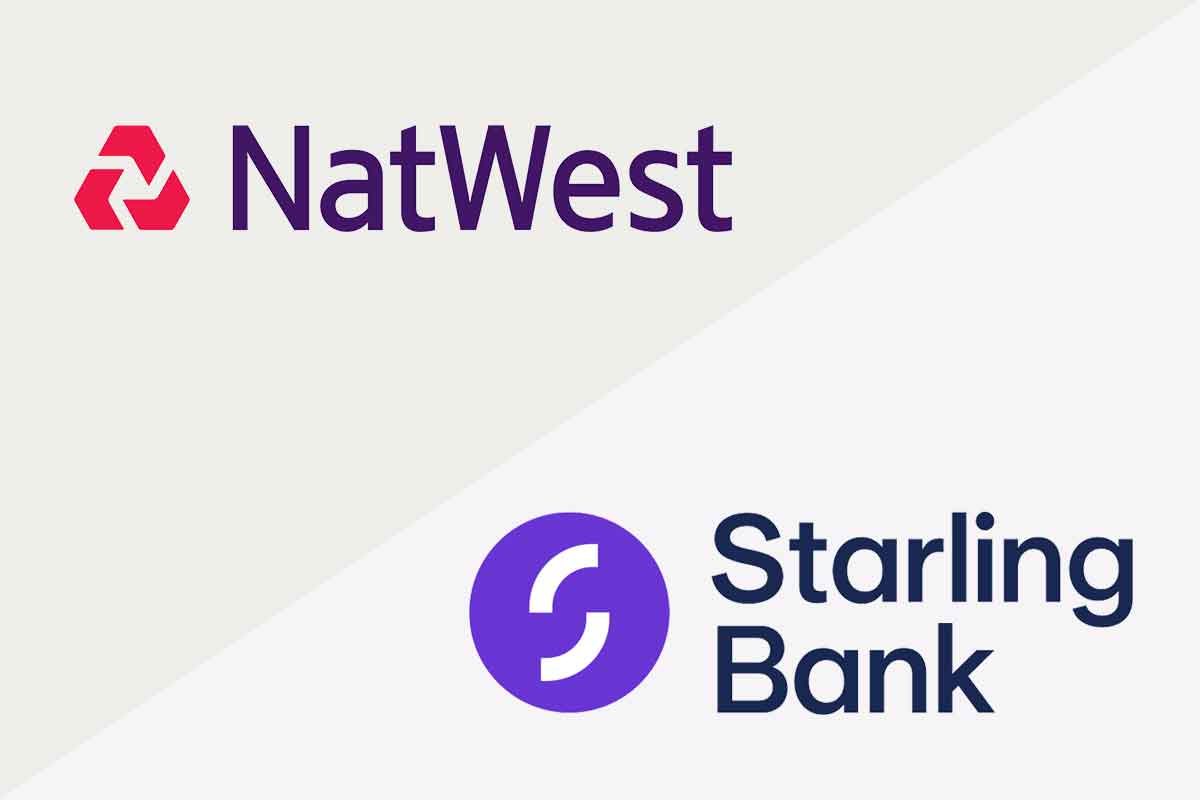When it comes to business banking in the UK, NatWest vs Starling are two prominent players that offer a range of services tailored to the needs of businesses. Both banks have their own unique advantages and disadvantages, making it essential for business owners to carefully evaluate their options before making a decision.
In this article, we will compare NatWest vs Starling, highlighting their pros, cons, key differences, costs, and other important considerations to help you make an informed choice for your business banking needs.
Featured pro tools
NatWest vs Starling
| Features | NatWest | Starling |
|---|---|---|
| Branch Network | Extensive branch network throughout the UK | No physical branches |
| Digital Experience | Improved digital offerings, but may lag behind digital-native banks | User-friendly mobile app and online platform |
| Account Opening | Complex process, requiring documentation and multiple branch visits | Quick and easy online account opening |
| Range of Services | Comprehensive suite of business services | Basic business banking services |
| Advanced Features | Limited digital features compared to Starling | Innovative features, integrations, and marketplace |
| Cost Structure | Varies depending on the account and services | Transparent fee structure |
| Customer Support | Phone, email, and branch support | Phone, chat, and email support |
| Physical Facilities | Access to physical banking facilities | No physical banking facilities |
| Growth Potential | Traditional banking approach | Advanced digital tools and integrations |
It’s important to note that this table provides a high-level overview, and businesses should delve deeper into specific features, services, and costs by visiting the respective banks’ websites or contacting their representatives for detailed information.
Statistics
NatWest:
- NatWest is one of the largest retail and commercial banks in the UK, with over 14 million customers and a history dating back to 1968 when it was formed as a result of a merger.
- NatWest boasts a wide network of branches, with over 960 locations across the UK, providing businesses with convenient access to physical banking facilities and in-person support.
- As of 2021, NatWest had around 9.3 million registered digital users, indicating a significant adoption of its online and mobile banking services among its customer base.
Starling:
 |
Wallester Business ✓ Virtual & Physical Cards ✓ No Setup Fees ✓ No Monthly Fees Pricing Trial period Contact |
|
 |
Revolut Business ✓ Business Current Account ✓ Award-Winning Mobile App ✓ Quick & Easy Application Process Pricing Trial period Contact |
|
 |
Tide Business Bank Accounts ✓ Free, Plus, or Pro Account ✓ iOS & Android Mobile App ✓ Upload & Auto-Match Receipts Pricing Trial period Contact |
|
 |
Card One Money ✓ No Credit Checks ✓ Simple Fees ✓ Up to 3.5% Cashback Pricing Trial period Contact |
|
 |
ANNA Money ✓ Apply in 10 minutes ✓ Bookkeeping & Payroll Tools ✓ User-Friendly Mobile App Pricing Trial period Contact |
|
 |
Co-Op Business Banking ✓ Business Current Account ✓ Online, App & High Street Banking ✓ Quick & Easy Application Process Pricing Trial period Contact |
|
 |
HSBC Business Banking ✓ Business Current Account ✓ In-Branch, Online & App Banking ✓ FSCS Protected Pricing Trial period Contact |
|
 |
Metro Business Banking ✓ Business Current Account ✓ High Street Presence ✓ FSCS Protected Pricing Trial period Contact |
|
 |
Mettle Business Banking ✓ Business Bank Account ✓ Online & App ✓ Quick & Easy Application Process Pricing Trial period Contact |
|
 |
Monzo Business Banking ✓ Business Current Account ✓ Dedicated mobile app experience ✓ FSCS Protected Pricing Trial period Contact |
|
 |
Virgin Money ✓ Business M Account ✓ In-Store, Online & App Banking ✓ Insights & Forecasting Platform Pricing Trial period Contact |
- Starling Bank has experienced significant growth since its launch in 2014. By 2021, it had over 2 million personal and business account customers, indicating a rising popularity among individuals and businesses seeking digital banking solutions.
- Starling has received recognition for its innovative approach to banking. In 2020, it was named the Best British Bank and won the Best Business Banking Provider award at the British Bank Awards, highlighting its commitment to providing excellent banking services to businesses.
- As of March 2023, Starling Bank has raised over £700 million in funding and was valued at approximately £5 billion. This substantial funding has allowed the bank to invest in its technological infrastructure and expand its offerings to meet the evolving needs of businesses.
NatWest
NatWest is a long-established bank in the UK, with a wide network of branches and a strong presence across the country. Here are some key points to consider:
Pros
- Extensive branch network: NatWest has a large number of branches throughout the UK, making it convenient for businesses that prefer face-to-face interactions and access to physical banking facilities.
- Established reputation: NatWest’s long-standing presence in the banking industry gives it a sense of stability and reliability, which can be appealing to businesses seeking a trusted banking partner.
- Diverse range of business services: NatWest offers a comprehensive suite of products and services tailored to businesses, including loans, credit facilities, cash management, merchant services, and international banking solutions.
Cons
- Complex account opening process: Some business owners have reported that NatWest’s account opening process can be time-consuming and cumbersome, requiring extensive documentation and multiple visits to the branch.
- Limited digital features: While NatWest has made strides in improving its digital offerings, some customers feel that its online and mobile banking platforms lag behind the innovative features offered by newer, digital-native banks like Starling.
Key differences
- Accessibility: NatWest’s extensive branch network gives businesses the advantage of in-person support and access to physical banking facilities, which can be beneficial for certain businesses that prefer face-to-face interactions.
- Traditional banking approach: NatWest follows a more traditional banking model, which may appeal to businesses looking for a conventional banking experience and a wide range of physical banking services.
Costs
NatWest’s fees and charges vary depending on the type of account and services you require. It is advisable to consult with a NatWest representative to get detailed information about their pricing structure.
Other considerations
- Customer support: NatWest has a dedicated customer support team, available via phone, email, and branch visits, offering assistance for various banking needs.
- Business resources: NatWest provides additional resources for businesses, such as educational materials, workshops, and networking events, which can be valuable for entrepreneurs seeking guidance and support.
Starling
Starling is a digital challenger bank that has gained significant popularity in recent years. Here’s what you need to know about Starling for business banking:
Pros
- Seamless digital experience: Starling offers a user-friendly mobile app and online banking platform, providing businesses with intuitive digital tools for managing their finances on the go.
- Quick and easy account opening: Opening a business account with Starling can be done entirely online, without the need for branch visits or extensive paperwork, making it a convenient option for time-strapped business owners.
- Advanced features and integrations: Starling offers features like real-time transaction notifications, integrations with accounting software, and the ability to create digital invoices, enabling businesses to streamline their financial management processes.
Cons
- Limited physical presence: Starling operates predominantly online, with no physical branches. This may be a drawback for businesses that prefer in-person support or need access to physical banking facilities.
- Smaller suite of business services: While Starling covers the basics of business banking, its range of services is relatively limited compared to traditional banks like NatWest.
Key differences
- Digital-first approach: Starling is a digital-native bank, prioritising online and mobile banking experiences. This can be advantageous for businesses that value convenience, ease of use, and cutting-edge digital features.
- Innovative banking solutions: Starling is known for its innovative features, such as integrations with accounting software, expense categorisation, and tools for cash flow forecasting. These capabilities can benefit businesses looking for advanced financial management tools.
Costs
Starling offers a transparent fee structure, with no monthly fees for its basic business account. Additional services, such as international payments or cash deposits, may have associated fees. It’s advisable to review Starling’s pricing details or consult with their customer support for specific cost information.
Other considerations
- Customer support: Starling provides customer support via phone, chat, and email. While it lacks in-person support, it offers responsive and efficient digital assistance.
- Marketplace integrations: Starling’s Marketplace allows businesses to access a range of third-party integrations, including accounting software, invoicing tools, and expense management platforms. This can enhance the functionality and customisation options available to businesses.
NatWest vs Starling – Choosing the right option
When deciding between NatWest and Starling for your business banking needs, consider the following factors:
- Business requirements: Assess your specific banking needs, including the importance of physical branches, access to advanced digital tools, and the range of services required.
- Digital readiness: Evaluate your comfort level and readiness for digital banking. If you prefer a seamless online experience, Starling may be a better fit, while NatWest offers a more traditional banking model.
- Cost structure: Review the fees associated with various services offered by both banks, ensuring they align with your budget and usage requirements.
- Growth potential: Consider your business’s future needs and growth prospects. Determine if either bank offers specific services or support that align with your long-term goals.
NatWest vs Starling – Verdict
Ultimately, the choice between NatWest and Starling will depend on your unique business needs, preferences, and priorities.
It may be helpful to engage with representatives from both banks, explore their offerings in detail, and seek advice from fellow business owners or financial advisors to make an informed decision that best serves your business’s financial requirements.
NatWest vs Starling – FAQ
Starling operates as a digital bank and does not have physical branches. However, they offer comprehensive online and mobile banking services, which can be accessed anytime, anywhere.
NatWest has made improvements to its digital offerings, but it may not offer the same level of advanced digital features as Starling. However, NatWest’s strength lies in its extensive branch network and comprehensive suite of traditional banking services.
Both NatWest and Starling have varying fee structures depending on the type of account and services required. It is advisable to review their respective pricing details or consult with their customer support to understand the specific fees associated with different services.
Starling is known for its marketplace integrations, which provide access to a range of third-party applications, including accounting software. If seamless integration with accounting software is a priority for your business, Starling may be a better fit.
Both NatWest and Starling offer customer support via different channels. NatWest provides support through phone, email, and branch visits, while Starling offers support through phone, chat, and email. It’s worth noting that NatWest’s branch network allows for in-person support, which can be advantageous for businesses seeking face-to-face assistance.
NatWest, with its extensive range of services and traditional banking approach, may be more suitable for businesses with complex banking needs that require a wide array of financial solutions, such as loans, credit facilities, and international banking services.
Remember, these FAQs provide general guidance, and it’s advisable to conduct thorough research, review the banks’ websites, and consult with their representatives to obtain detailed and up-to-date information that specifically caters to your business’s unique requirements.

